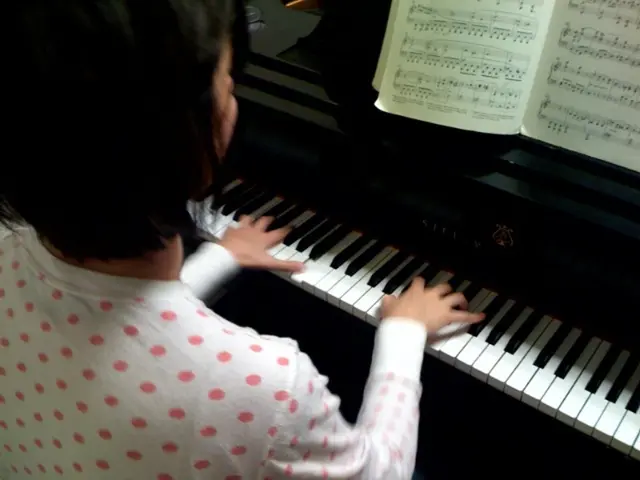Fresh Lexicon Emerged Online: Exploring Recent Coinages
In a significant shift reflecting the evolving nature of language, the Cambridge Dictionary has announced its 2025 update, which includes a range of terms born from internet culture. This move underscores the growing influence of digital culture on our everyday vocabulary.
One such term that has made its way into the dictionary is "skibidi." Originating from an animated series called Skibidi Toilet, skibidi can mean 'cool' or 'bad,' or be used as a joke without a specific meaning. The series, created by Russian 3D animator Alexei Gerasimov, depicts the struggle between 'skibidi toilets' - creatures with human heads in toilets - and 'agents' with video cameras for heads.
Another term gaining popularity is "Labubu," a character created by artist Kasing Lung and initially released as designer vinyl figures by POP MART. Labubu has transitioned into internet memes and is often used to symbolize something cute, weird, or slightly eerie. The boundaries between "joke" and "norm" continue to blur in internet culture, and Labubu is a prime example of this shift.
The dictionary has also included "delulu," a slang term that originated from the Korean pop culture community and is used on TikTok. Delulu is an abbreviation of the English word 'delusional' and denotes a tendency to believe in illusions and choose subjective fantasies over reality. The phrase "delulu is the sololu" has gained popularity on TikTok, meaning that illusions are seen as solutions.
Internet culture is not only shaping the informal language but also influencing the official lexicon. Words like "mewing" (promoting a sharp jawline), "Fanum tax" (playfully stealing food, named after a Twitch streamer), and "tradwife" (a woman sharing a traditional homemaker lifestyle on social media) are among the new terms added to the Cambridge Dictionary.
The inclusion of these terms in the dictionary signifies a confidence that they will stick around for a long time. However, not all internet slang makes the cut. The term "Labubu" is not officially defined in the Cambridge Dictionary, but new words are only added when there's confidence that they will endure.
The head of the lexical program at Cambridge Dictionary, Colin McIntosh, commented on the update, stating, "Internet culture is a rich source of new language, and it's important for us to reflect this in our dictionary." As we move forward, it's clear that the impact of the internet on language will continue to be significant.
So, save our site number - share the news first! Subscribe to stay updated on the latest additions to the Cambridge Dictionary and the ever-evolving world of internet culture.
Read also:
- IM Motors reveals extended-range powertrain akin to installing an internal combustion engine in a Tesla Model Y
- Ford Embraces Silicon Valley Approach, Introducing Affordable Mid-Sized Truck and Shared Platform
- Future Outlook for Tesla in 2024: Modest Expansion in Electric Vehicle Sales, Anticipated Surge in Self-Driving Stock
- New York City Bids Farewell to Rideshare Services Provided by Tesla Model Y, Given the Service's Termination








